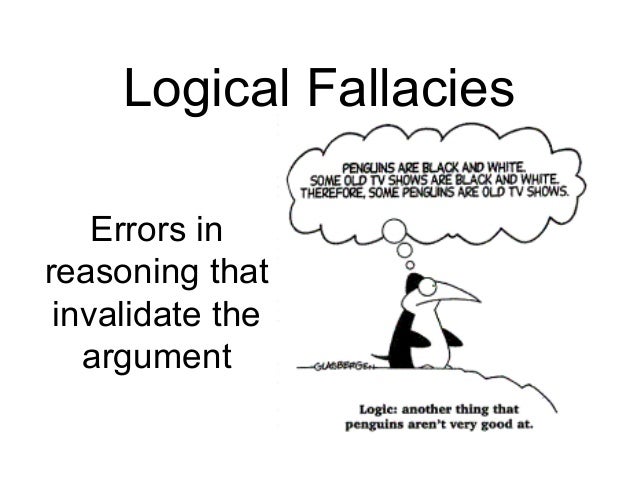Entry 28:
Reflection
Topic: Online School
This week has been especially difficult for me to focus or even think about school. I normally try to stay on track or be a bit ahead but it feels harder to do that this week. Online school is a new concept to me, I used to do zoom/hybrid classes and now I do classes that are only online with no zoom or meet up times. I prefer it because I used to sit through 3 hours of zooms for nothing. I feel like I am learning and being more productive now!
Anyways since this week has been hard for me, I decided to look up tips to acing online classes because maybe I can help someone else who has been struggling!
1. Figure out the best way for you to learn
2. Make a schedule
3. Balance your life: work, school, social. Enjoy the flexibility that being online allows you.
4. Avoid getting distracted while trying to do work
5. Find a friend that will help you stay motivated and keep you on track!
I like to keep a schedule of all of my work, it is more of a to do list, organized by due date and I cross it off as I complete it. This week I feel like I am doing everything last minute because I have not had any motivation to leave my bed, much less do any school work. However, I have friends that want me to do it. Normally that gets me a bit more motivated, but this week has been hard and I dont know why. Anyways, I learn best when things are done at a fast pace. I can never sit in a place for too long, so I turn a lot of things on 2x speed and take notes or pause as needed. All online with lectures on hand that can be watched over and over is truly a blessing.
Link: npr.org

:max_bytes(150000):strip_icc():format(webp)/what-is-logical-fallacy-1691259-v5-5b75893bc9e77c005024c1ee.png)